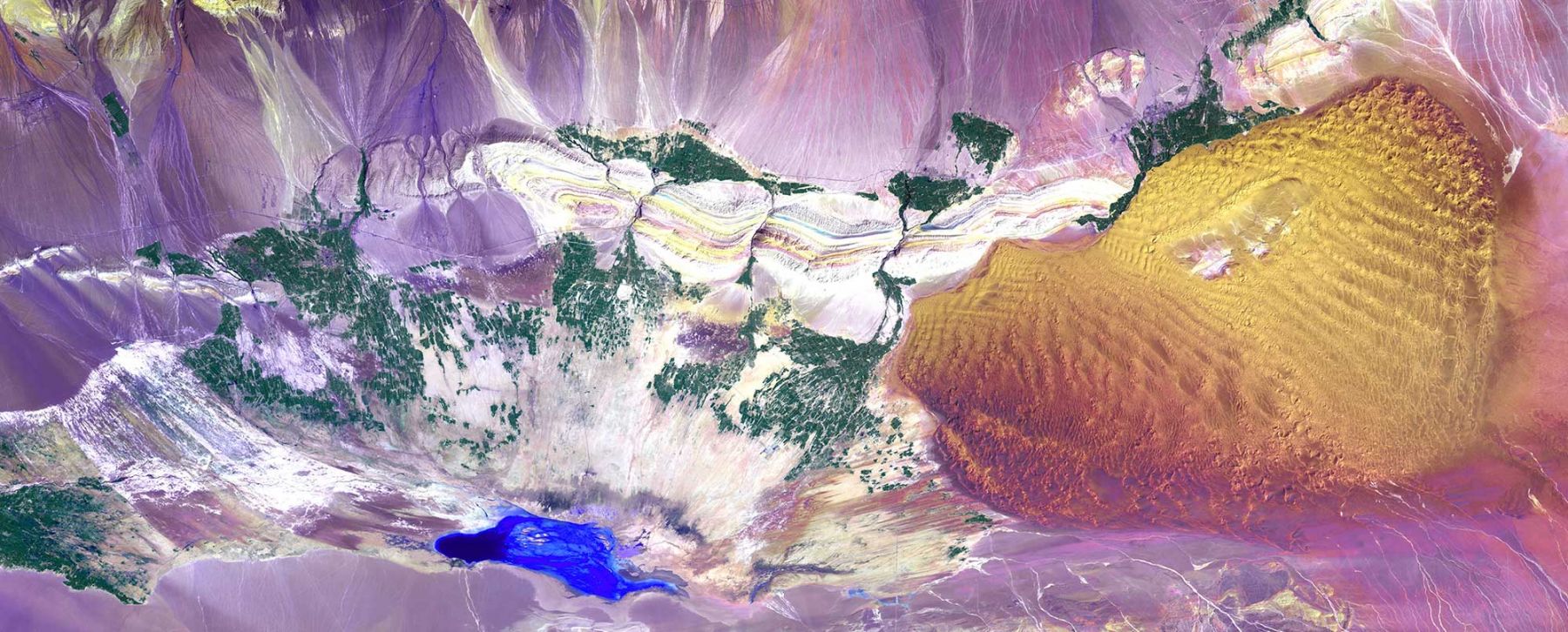Overview
The Bachelor of Science in Physical Geography is a broad and integrative degree within the earth/environmental sciences that incorporates terrestrial, marine, and atmospheric sciences. It provides the more extensive mathematical and biophysical-science training normally associated with a BS degree.
The Major
The Bachelor of Science in Physical Geography provides students with rigorous training in the environmental and Earth system sciences, supported by a foundation in basic biology, chemistry, mathematics, physics, and statistics. The major is flexible, offering students a suite of courses that integrate across geographical science disciplines and provide a mechanistic understanding of the processes that shape the Earth and control weather and climate, landform and soil formation, biogeochemical cycles, ocean processes, water resources and water quality, and plant distribution and function. An important emphasis of the major is that students gain hands-on experience through field courses, laboratory work, and computer modeling. Courses in geographic techniques such as remote sensing, GIS, data analysis, and geovisualization augment students’ training in Physical Geography. Students will receive strong scientific and technical training in preparation for further graduate study or employment in field such as environmental consulting, other environmentally-oriented fields, and government.
Contact
Careers in Physical Geography
- Atmospheric Scientists
- Climate Change Analysts
- Environmental Consultants / Researchers
- Groundwater Analysts / Specialists
- Physical Scientists
- Soil and Plant Analyst / Specialists
- Water Quality Scientists
- Water Resources Analysts

